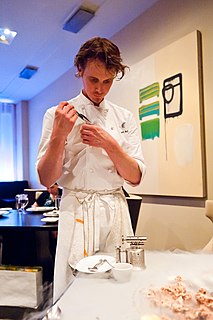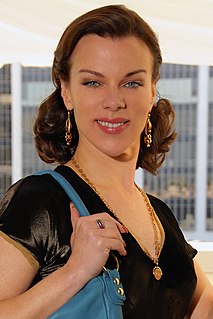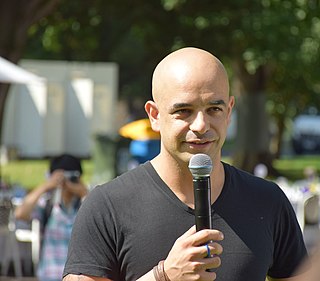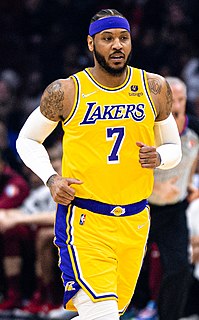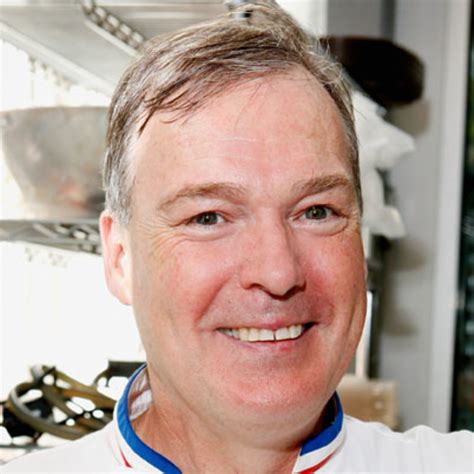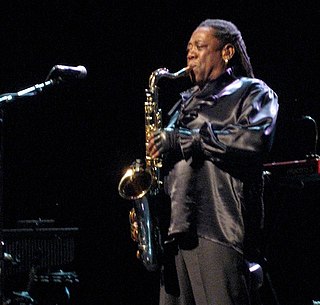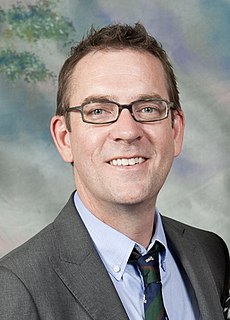A Quote by Nora Ephron
I buy a lot of cookbooks. Some of them you just kind of read, and you try one recipe, and it doesn't really work. So then you don't go back to it. The new Ina Garten cookbook, which is called 'Back to Basics,' I have not had a failure with. It is the most fantastic cookbook. I think I bought 20 copies of it for friends.
Related Quotes
I love cookbooks for completely different reasons. I love 'The Harry's Bar Cookbook' and Marco-Pierre White's 'White Heat' for their feel. For pure learning, Gray Kunz wrote a great cookbook, 'The Elements of Taste', published in 2001. The first time I read Charlie Trotter's, the Chicago chef's first cookbook, I was blown away.
I did this campaign that was called "Back to the Basics" where I went back to the street, went back to my block, and really felt the people. We've got to go back to that sometimes. We distance ourselves from that and we see it from afar. Some people can't relate back to that; once you're out of it, they don't want to relate back to that. It's always good to get back to the basics, though. You've got to touch the roots, you've got to touch those people. Regardless of what's going on, people always respect that.
The only thing I collect is art. I collect it because I like looking at it. A lot of it is really personal stuff that my friends have made, paintings that my husband's mother made, and things that I bought. I buy abstract art on eBay, and I buy some outsider art on eBay, or what is called folk art, I buy a lot of. I have a lot of professional art work as well as more stuff my friends' kids make. To have a wall of art to look at, I feel really surrounded by love, because so much of the work is related to my friendships.
Just about every children's book in my local bookstore has an animal for its hero. But then, only a few feet away in the cookbook section, just about every cookbook includes recipes for cooking animals. Is there a more illuminating illustration of our paradoxical relationship with the nonhuman world?
I think a lot of people - by the time I came back with a script I liked, which took me many years, they'd forgotten who I was. Doors all the time are slamming, you meet friends that you've had for years, you'd go to the studio, and they'd say things to indicate clearly that they hadn't read it, or that they'd had their assistant sort of skim it. They wouldn't buy it. They wouldn't make it.

